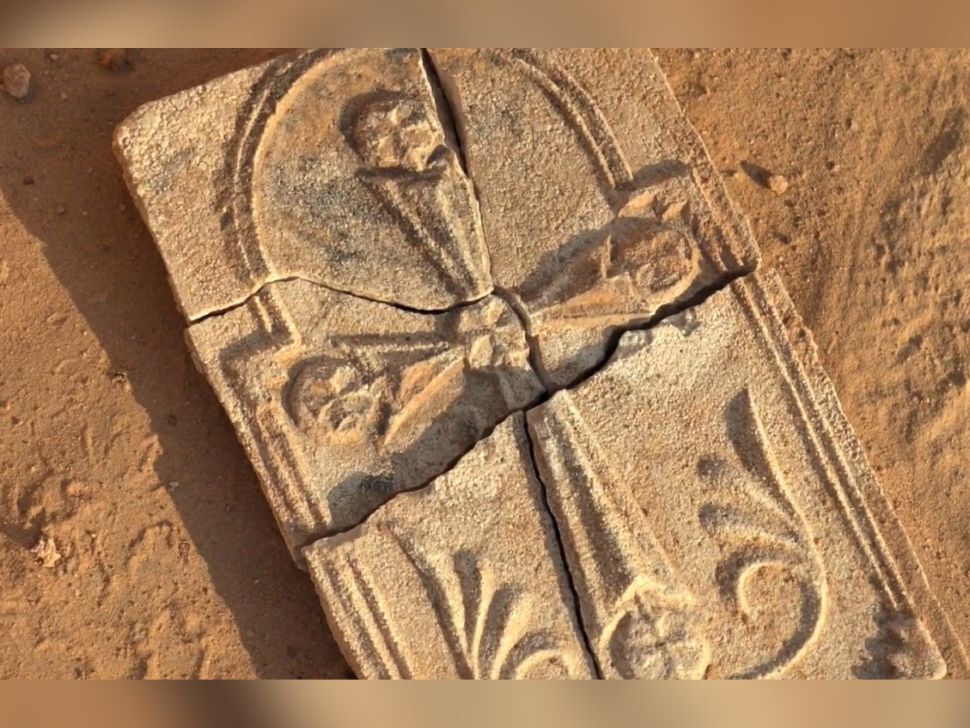A recent discovery in Abu Dhabi is showcasing a thriving Christianity in a place that was formerly thought to be overrun by other religions.
Archaeologists and researchers recently found a plaque made of plaster that dates back 1,400 years, to the seventh and eighth centuries.
At the bottom of the plaque, there are stepping stones that depict Golgatha with a cross that takes up the rest of the plaque.
The area was previously thought to be filled with religions such as Islam and other pagan traditions. However, this new discovery tells the story of a thriving Christian community.
"Every element of the cross incorporates regional motifs," said Maria Gajewska, the chief archaeologist on site. "It tells us that Christianity in this region was not only present but also flourished, adapting visually to its local context. We had settlements of Christians that were not just existing but were clearly thriving."
During the excavation, archelogists are discovered pottery, glass vessels and a small sea-green bottle.
"[The discovery is] a powerful testament to the UAE’s profound and enduring values of coexistence and cultural openness," said Mohamed Khalifa Al Mubarak, chairman of the Department of Culture and Tourism.
Where they found the items appears to be a settlement of high-ranking monks who lived in well-constructed courtyard houses made of limestone and coral, including with water cisterns.
While researchers still don't know why the Christians left this area, they do believe early Christians and Muslims in the area often coexisted peacefully, trading and interacting without conflict.
